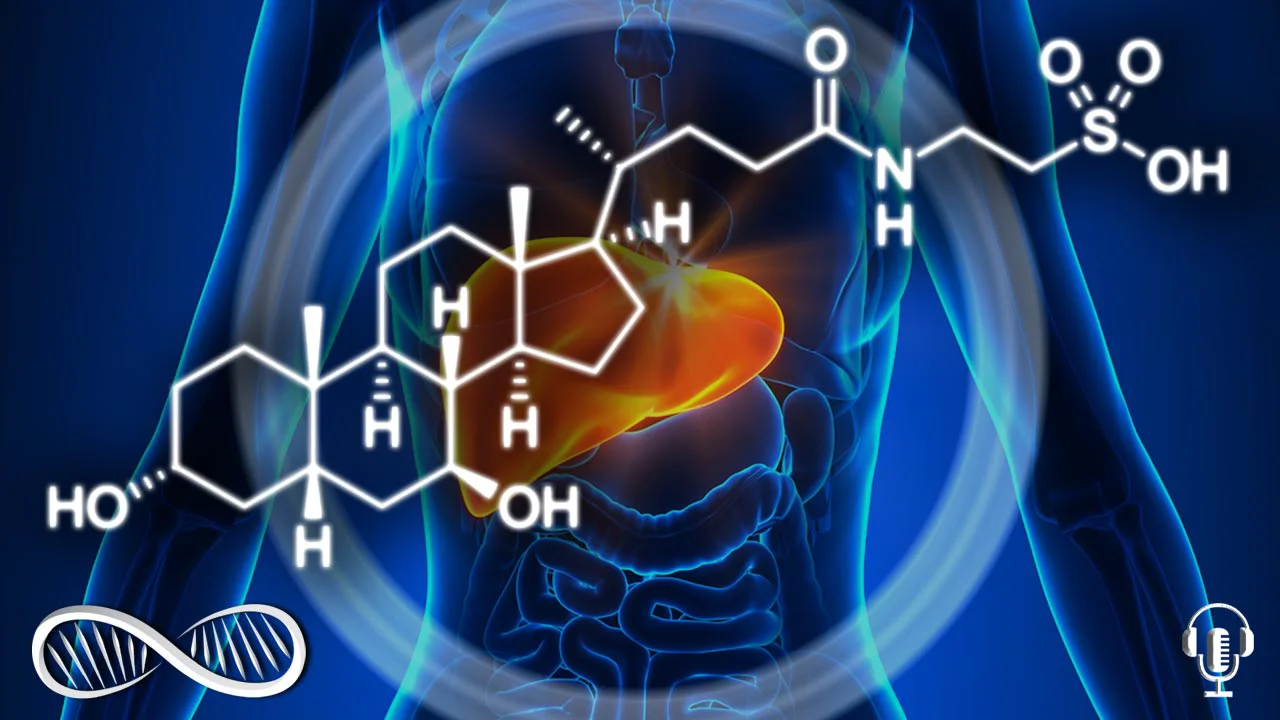i tried SAM-e 800mg twice a day and i didnt notice improvement in mood, rather it probably stimulates norepinephrine because i was a bit agitated and overexcited at some point. does it work on depression for you because of norepinphrine or you cannot tell what it does really?
My problem is complex, but through the information digging I have done SAM-E seems a miracle to me on paper and the effects on me are profound.
I have quite a few genetic problems:
* Diagnosed with aspergers/adhd/tourette
* mother has crohn, father was a painter exposing chronicly to solvents (has tics and mild form of tourette from seeing his behavior)
23andme raw data (through codegen.eu / promethease and a bunch of others) and bloodtest shows:
* A2A polymorphism associated with ADHD and ASD
* il-6 rare polymorphism, associated with LESS il-6
* TSH elevated (im subclinical hypothyroidism, which I pin down to autoimmunity - my TSH antibodies are also elevated)
* T3 stays on the low side, irrelevant of being on/off levothyroxine compared to 3 years ago prior to starting it
* elevated prolactin in blood test (still in range but a bit high imo - seems as if my autoimmunity keeps sending a TRH signal to my pituairy and keeps releasing TSH and prolactin - see my bloodtests that I posted in another post)
* SERT and DAT polymorphism (associated with OCD and ADHD)
* TPH2 associated with OCD and tourette
* Akt mutation associated with shizophrenia and cannabis induced psychosis
* increased ASAT/ALAT, for over 10 years+ slightly over top range (due to autoimmunity I suspect)
* blood tests show increased BUN levels ~1.2 - 1.5times above the upper tolerable limit
* beta adrenergic polymorphism associated less responsive to asthma inhalers (luckily I dont have asthma)
* 60% efficiency in processing folate
* COMT warrior
* OXTR variation associated with autism
* Alcohol hangovers make me feel normal (dna methylation inhibition takes place there and H3K4, H3K9 changes happen, which then signal src/fyn kinase to restore NMDAR synaptic plasticity - mainly nr2b receptors in the amygdala)
Now s-adenosylmethionine (SAM-E) does the following:
Striatal adenosine A2A receptor expression is controlled by S-adenosyl-L-methionine-mediated methylation.
https://www.ncbi.nlm...pubmed/24943396
Modulation of endotoxin stimulated interleukin-6 production in monocytes and Kupffer cells by S-adenosylmethionine (SAMe).
https://www.ncbi.nlm...pubmed/15566950
S-adenosylmethionine (SAMe) modulates interleukin-10 and interleukin-6, but not TNF, production via the adenosine (A2) receptor.
https://www.ncbi.nlm...pubmed/15843034
Neuroendocrine effects of S-adenosyl-L-methionine, a novel putative antidepressant.
" At the end of the study, there was a significant reduction after treatment with SAMe in the response of both prolactin and TSH to TRH stimulation in the group of depressed men compared to pre-treatment values."
The effect of S-adenosyl methionine on the TSH receptor function in human thyroid tissue: increase in binding of TSH and decrease in adenylate cyclase coupling.
Guess this means it makes the TSH signal more efficient?
The chemical chaperones tauroursodeoxycholic and 4-phenylbutyric acid accelerate thyroid hormone activation and energy expenditure
https://www.ncbi.nlm...les/PMC3133948/
study shows increased T4->T3 conversion for TUDCA
Stress-responsive and metabolic gene regulation are altered in low S-adenosylmethionine.
https://www.ncbi.nlm...pubmed/30485261
"S-adenosylmethionine (SAM) is a donor which provides the methyl groups for histone or nucleic acid modification and phosphatidylcholine production. SAM is hypothesized to link metabolism and chromatin modification, however, its role in acute gene regulation is poorly understood. We recently found that Caenorhabditis elegans with reduced SAM had deficiencies in H3K4 trimethylation (H3K4me3) at pathogen-response genes, decreasing their expression and limiting pathogen resistance. We hypothesized that SAM may be generally required for stress-responsive transcription."
Oral S-adenosylmethionine (SAM) Administration Increases Whole Brain Concentrations of Dopamine and Norepinephrine in Rats
https://www.fasebj.o...upplement.134.3
When you consider that ASD and ADHD are disorders related to inappropiate cortisol secretion and daily life adaptation to stressors, you can see how important this is.
PNMT is the only co-factor for adrenalin synthesis: https://en.wikipedia...thyltransferase
Also theres a study showing that SAM-E can raise TUDCA levels in the body, I cant find it atm, but its somewhere out on the net. exogenous TUDCA did seem a bit more efficient though.
For the OXTR mutation I take biogaia gastrus (contains atcc 6475 a well discussed strain here on longecity) - increases oxytocin, restores social behavior in multiple mouse models of asd, raises vta dopamine, modulates gut histamine and in the process of doing that it increases folic acid -> 5mhtf transscription
Edited by MankindRising, 04 January 2019 - 04:50 PM.

















































